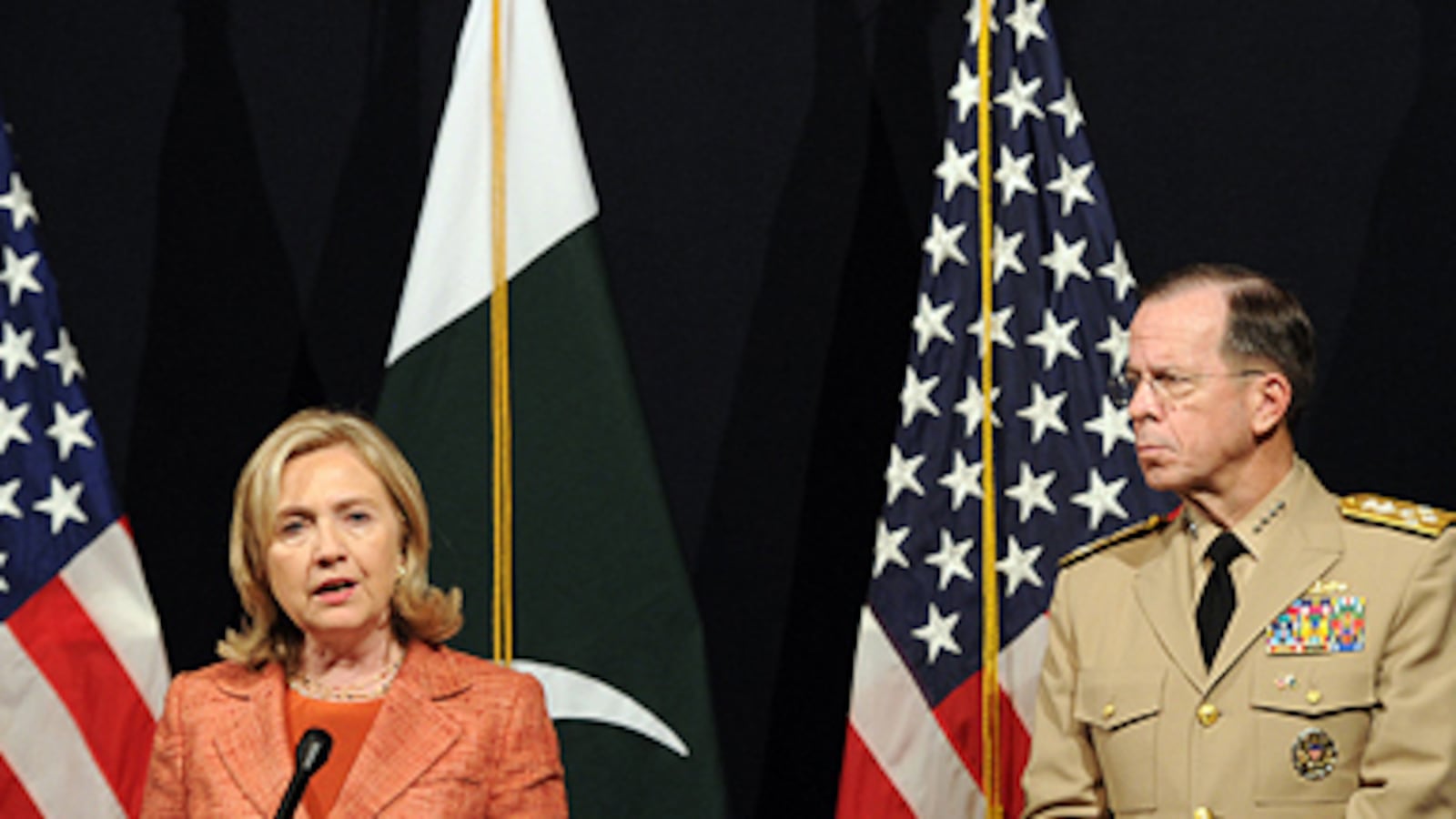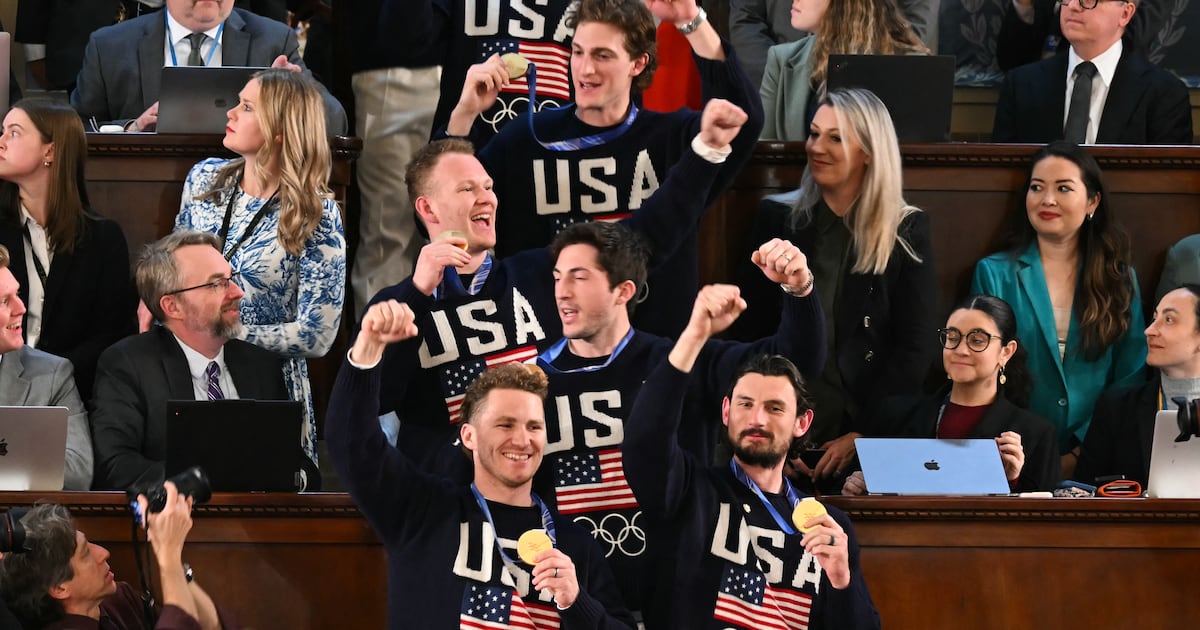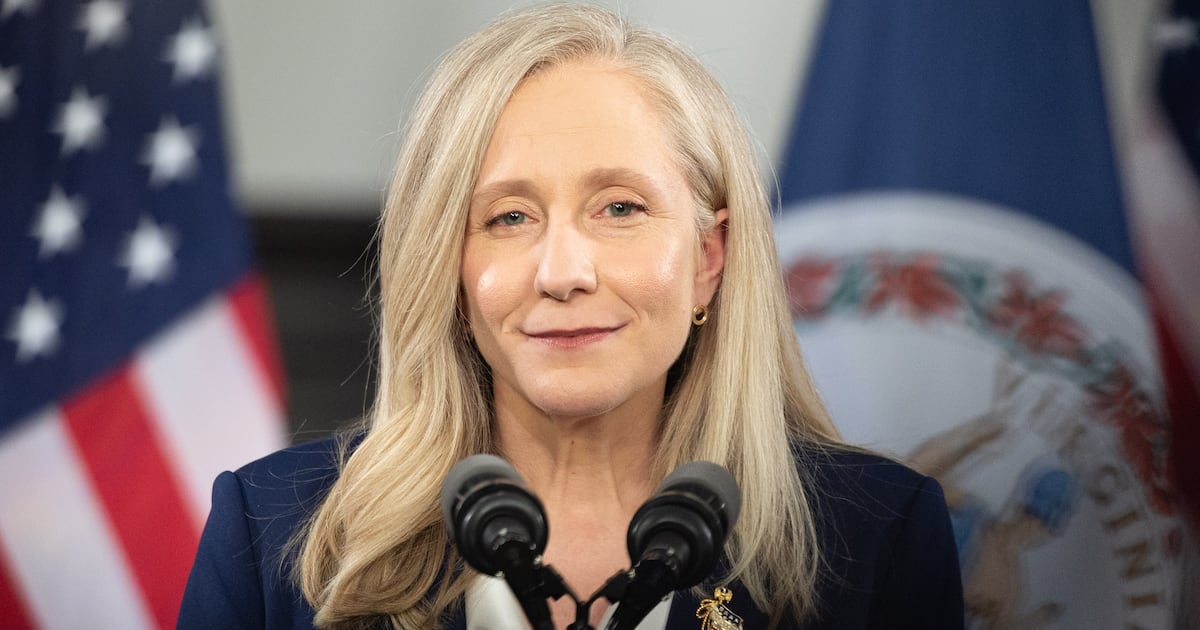There’s no evidence that any senior Pakistani official had any idea of Osama bin Laden’s whereabouts before the U.S. commando raid that killed him early this month. So said Hillary Clinton at the end of Friday’s fleeting visit to Pakistan. Despite the fact that the al Qaeda leader was living just a stone’s throw from Pakistan’s premier military academy, “We have no reason to believe that anyone in the highest levels of the government knew,” the U.S. secretary of State declared. “They were quite emotional, conveying that they would have gone after him if they had known he was there.” Nevertheless, she told reporters, Pakistani leaders did acknowledge that a viable support network had existed inside their country, admitting that “someone, somewhere was providing some kind of support” to bin Laden.

Clinton and U.S. Joint Chiefs of Staff Chairman Adm. Mike Mullen spoke at a joint press conference after meeting with Pakistan’s top civilian and military leadership in an effort to sort out the troubled U.S.-Pakistani security relationship. Both Clinton and Mullen made clear that Washington expects greater cooperation to help “disrupt, dismantle and defeat al Qaeda and to drive them from Pakistan and the region” in the future. “We look to the government of Pakistan to take decisive steps in the days ahead,” Clinton said. “Joint action against al Qaeda will make Pakistan and America and the world safer and more secure.”
Clinton didn’t specify just what those steps might be, but she had a list of other problems that need work. For one thing, the Afghan Taliban continue to travel freely to and from their back bases inside Pakistan. “Pakistan has the responsibility to help us help Afghanistan by preventing insurgents from reaching the war from Pakistani territory,” she said. For another, there’s Pakistan’s double game of seeking and accepting billions in U.S. aid while at the same time stoking rampant anti-Americanism and wild conspiracy theories among the Pakistani public, rather than tamping them down.
“Pakistan should understand that anti-Americanism and conspiracy theories will not make their problems disappear,” Secretary of State Clinton warned.
Even as the Pakistani government and military secretly support U.S. drone attacks in the tribal borderlands, they publicly denounce them as a violation of Pakistan’s sovereignty. The Pakistani people’s anger is only compounded by their government’s failure to debunk incessant rumors that America is trying to destabilize Pakistan and steal its nuclear weapons. “Pakistan should understand that anti-Americanism and conspiracy theories will not make their problems disappear,” Clinton said. “Deliberate misunderstandings, conspiracy theories and accusations have nothing to do with how we chart our future.”
Pakistan has given America too little credit for the roughly $20 billion in aid that has been delivered over the past 10 years, Clinton said. “We have repeatedly delivered on what we have promised by providing billions of dollars in assistance,” she said. “We provide more support than Saudi Arabia, China, and everyone else combined.” Nevertheless, she said, American aid alone will not solve the country’s myriad problems of poverty, illiteracy, power shortages, and terrorism. “American could not and should not solve Pakistan’s problems,” she said.
But Clinton said the message she’ll take home will be to insist that more, not less, cooperation is needed to fight terrorism and to aid beleaguered Pakistan. “I return to Washington ever more committed to doing what I can to make sure the cooperation we are seeking [from Pakistan] is forthcoming and the cooperation we have been asked for by [Pakistan] is also forthcoming,” she said. After all, she said, Pakistan has done more in the fight against violent extremism than it generally gets credit for. As Pakistani officials often point out, their country has lost far more soldiers fighting al Qaeda and the Pakistani Taliban in the past few years than America has lost in nearly a decade of combat in Afghanistan.
Admiral Mullen’s comments were more cautious, emphasizing the serious trust deficit that divides the countries’ armed forces. “I have no illusions about the difficulties ahead,” he said, “nor do I leave misinformed about the trust that still needs to be rebuilt between our two militaries.” Because of recent tensions between the two countries, Pakistan has sought a significant reduction in the number of U.S. military personnel stationed in the country. “There have been requests to reduce those numbers,” Mullen said. “We are working our way through how those numbers look in the future.”
But Washington has powerful motivation to mend its ties with Islamabad. As Mullen noted, Pakistani cooperation is essential if al Qaeda is to be defeated. Although bin Laden’s death has thrown al Qaeda into “disarray” and “disrupted some of its future plans,” the organization has not been eviscerated, Mullen said: “Bin Laden’s death has not eliminated the threats we both face from terrorism. Nor has his death meant the death of al Qaeda altogether.” Al Qaeda’s alliances with elements of the Taliban remain intact, Mullen said. “We see that collusion persists.”
That’s a problem for both countries. But Mullen expressed hope that Pakistan’s Army chief, Gen. Ashfaq Kayani, intends to help resolve their differences. “I do leave here with a sense that General Kayani and other military leaders share my commitment to that task and share my desire to look for ways to advance the relationship,” Mullen said. If so, maybe Washington and Islamabad can get back to fighting real threats, instead of each other.
Ron Moreau is Newsweek’s Afghanistan and Pakistan correspondent and has been covering the region for the magazine the past 10 years. Since he first joined Newsweek during the Vietnam War, he has reported extensively from Asia, the Middle East, and Latin America.






